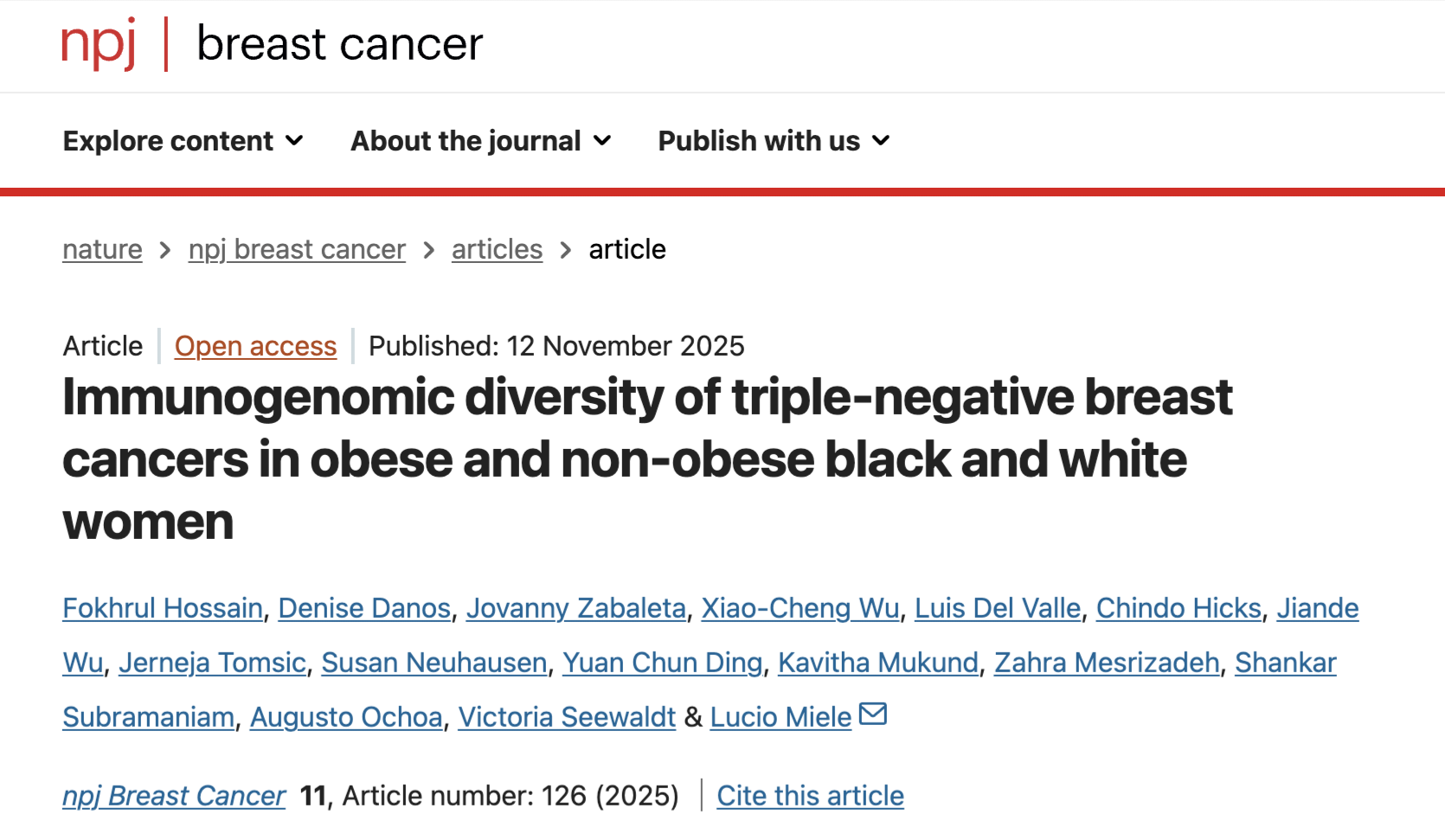
LCRC Prostate Cancer Research
According to the Louisiana Tumor Registry at the LSU School of Public Health, prostate cancer is the second leading cause of cancer death among men in Louisiana. The American Cancer Society recommends that men over 45 years of age speak with their doctor regarding prostate cancer screening. Risk factors include increasing age, family history, dairy and calcium, vitamin E and folic acid supplements, and race. In Louisiana, Black men have a higher rate of prostate cancer diagnosis and death.
Researchers at LCRC partner institutions are researching multiple facets of prostate cancer:

LSU Health New Orleans: Hari Koul, PhD, LCRC faculty member and Professor, Departments of Interdisciplinary Oncology, Urology and Biochemistry & Molecular Biology, LSU LCMC Health Cancer Center, is investigating the differences between indolent or slowly progressing prostate cancer (PCa) and lethal cancer.
“There are no curative treatments for lethal prostate cancer at this point,” said Dr. Koul. Recent work from his group discovered that obesity is associated with increased risk of aggressive PCa in both Caucasian and Black men, and obesity and diabetes are risk factors that interact in PCa patients. The research is focused on identifying new biomarkers that can help in early detection of aggressive prostate cancer, especially in obese men. Dr Koul said, “We are also developing new treatment paradigms for lethal prostate cancer. Specifically, our basic and translational research is also evaluating how epigenetic pathways can be leveraged to add new therapeutic options for prostate cancer patients." Dr. Koul’s research is supported in part by two federal grants: a grant from the Biomedical Laboratory Research and Development Branch of the Veterans Administration and another grant from the National Cancer Institute/National Institutes of Health.

Tulane University School of Medicine: Data shows that the incidence of prostate cancer rises rapidly in men 50-80 years old. Qiuyang Zhang, PhD, Assistant Professor of Structural & Cellular Biology at Tulane University School of Medicine, believes that it is due to low-grade inflammation, known as “inflammaging,” which develops with advanced age in the absence of overt infection. It may contribute to the clinical manifestations of other age-related pathologies. It is caused by activated immune cells secreting many inflammatory cytokines.
“Usually, when we are young, the immune response of certain cells is in balance, but during the aging process, the pro-inflammatory immune response increases more than the anti-inflammatory immune response. So, there is a disruption of the balance. My goal is to study how this disruption promotes prostate cancer development,” Dr. Zhang explained.

Xavier University of Louisiana: African American men have higher incidence rates of prostate cancer and significantly worse outcomes. Prevention and early detection save lives, and a project led by Xavier University of Louisiana College of Pharmacy Professor Margarita Echeverri aims to measure the results when patients work with clinicians to make informed decisions about prostate-specific antigen (PSA) screenings for early detection of prostate cancer. Dr. Echeverri is collaborating with Tulane researchers on a study of 200 African American men in the New Orleans area to determine whether “shared decision making” training can facilitate patients' conversations with primary care providers about prostate cancer with a goal of overcoming historically low prostate screening rates for Black men.

Ochsner Health is working to promote health equity for prostate cancer patients in South Louisiana. “Through grant support from the American Cancer Society and the Alliance for Clinical Trials in Oncology, piloted home health monitoring for prostate cancer is taking place and services are expanding into the River Parishes as we continue to expand research opportunities for our community, said Brain Halbert, MD, genitourinary medical oncologist. Ochsner Health. Ochsner's clinical research focuses in several areas-somatic genomics, focal therapy of localized disease and new therapies for advanced prostate cancer. Dr. Stephen Bardot, Professor and head of the Center for Urologic Oncology at the Gayle and Tom Benson Cancer Center at Ochsner Health explained: “We are in our tenth year of working with somatic genomics to identify which tumors can be safely managed with active surveillance as well as better predicting behavior for more aggressive tumors and how they will respond to treatment. We have also been exploring HIFU (High Intensity Focused Ultrasound) to focally ablate tumors while minimizing quality of life issues. Using tightly focused sound waves we can destroy the cancer cells while minimizing impacts on continence and potency."




